NiMH batteries are not lithium batteries. While both fuel countless devices, from remotes to smartphones, they belong to fundamentally different chemical families.
NiMH (Nickel-Metal Hydride) batteries use a chemical reaction involving nickel oxyhydroxide and a hydrogen-absorbing metal alloy. This is a proven, stable system.
Lithium-ion (Li-ion) batteries, in contrast, move lithium ions between their electrodes.
These fundamental differences in composition lead to varying performance characteristics.
Quick-Look Summary:
- NiMH and Lithium-ion are distinct battery technologies.
- NiMH (Nickel-Metal Hydride) is ideal for everyday devices, offering great value, safety, and eco-friendliness.
- Lithium-ion is known for high energy density, perfect for compact, high-power gadgets.
- EBL has been a trusted name in batteries since 1998, providing reliable, high-performance, and environmentally conscious options, especially our versatile NiMH range.
- Our Mission: "Charge, Don't Discard!" – less pollution, more power.
NiMH vs. Lithium-Ion: What’s The Difference
This table directly addresses the differences between NiMh and Li-ion batteries.
|
Feature |
NiMH Batteries |
Lithium-Ion Batteries (General) |
|
Chemistry |
Nickel and Metal Hydride |
|
|
Typical Voltage |
||
|
Energy Density |
Good, reliable for consistent power |
Excellent; More power in a smaller, lighter package |
|
Self-Discharge |
Higher (especially older tech); EBL's advanced NiMH minimizes this |
Lower (holds charge longer when idle) |
|
Memory Effect |
Minimal in modern EBL NiMH; largely a myth for current technology |
|
|
Cycle Life |
Very good (often 500-1000+ cycles) |
Excellent (often 500-2000+ cycles, depends on type) |
|
Charging Speed |
Slower, requiring precise charging |
Faster charging possible |
|
Safety |
Generally very stable and safe |
Requires sophisticated protection circuits to prevent overheating risks |
|
Environmental Impact |
Highly recyclable, reduces waste due to reusability (EBL's core mission) |
Recyclable, but disposal requires specialized handling |
|
Common Uses |
Remote controls, toys, flashlights, digital cameras, cordless phones, and small appliances |
|
|
Cost |
Lower initial cost, excellent long-term value |
Higher initial cost |
Voltage and Energy Density
Voltage is the "pressure" of the power.
NiMH cells deliver a consistent 1.2 volts; Li-ion cells typically deliver 3.6-3.7 volts.
Energy density means how much power a battery packs into its size and weight.
Lithium-ion batteries have superior energy density, making them ideal for slim electronics like smartphones.
For many everyday applications, however, NiMH's energy density offers a balance of power and value.
Self-Discharge and the Memory Myth
Self-discharge is how batteries lose charge when idle.
Older NiMH had higher self-discharge. However, modern NiMH batteries, especially EBL's advanced low self-discharge (LSD) versions, have significantly improved, retaining charge much longer.
Lithium-ion generally has lower self-discharge.
The "memory effect" is a common misconception. This issue, where a battery seemed to "remember" partial discharges, was primarily for older Nickel-Cadmium (NiCd) batteries.
Modern NiMH technology has largely minimized this. You don't need to fully discharge your NiMH batteries before recharging.
Cycle Life and Charging Smartly
Cycle life is how many times a battery can be recharged.
NiMH batteries boast 500 to 1,000+ cycles, sometimes more with proper care, meaning years of reliable use.
Lithium-ion also has excellent cycle lives, often surpassing NiMH. Lithium-ion batteries generally charge faster.
However, maximizing any rechargeable battery's lifespan comes down to using a smart, compatible charger.
EBL chargers are engineered to optimize charging for NiMH, preventing overcharging and overheating, which are common culprits for reduced battery life.
NiMH vs. Lithium-Ion: Pros & Cons
NiMH batteries and lithium have their unique strengths and weaknesses. It's not about one being definitively "better," but rather which one is "better for you."
NiMH Batteries
NiMH batteries offer a blend of solid performance and environmental responsibility.
Pros of NiMH Batteries:
- Cost-Effective: Generally, NiMH batteries have a lower upfront cost than lithium-ion. Considering their rechargeability, the long-term savings are substantial.
- Safety First: NiMH batteries are inherently more stable and less prone to overheating or thermal runaway compared to lithium-ion batteries, especially under adverse conditions. This makes them a safer choice for general household use.
- Consistent Power Output: They deliver a steady 1.2V per cell, ideal for devices requiring consistent, moderate power over extended periods.
- Eco-Friendly Choice: EBL‘s "Charge, Don't Discard" philosophy highlights how NiMH batteries drastically reduce waste compared to disposables. They contain no highly toxic heavy metals like lead or mercury, making them easier to recycle.
- Wide Temperature Range: NiMH batteries perform well across a broad range of temperatures, often better than lithium-ion in extreme cold.
Cons of NiMH Batteries:
- Lower Energy Density: They pack less power per unit of weight/volume compared to lithium-ion, meaning devices needing extreme compactness might lean towards Li-ion.
- Higher Self-Discharge (Historically): While EBL's advanced LSD (Low Self-Discharge) NiMH batteries have significantly mitigated this, they still tend to lose charge faster when idle than lithium-ion.
-
Slower Charging: NiMH batteries generally take longer to fully charge than their lithium-ion counterparts.
Lithium-Ion Batteries
Lithium-ion batteries are the high-performance athletes of the battery world, excelling where compact, lightweight, and high-energy solutions are needed.
Pros of Lithium-Ion Batteries
- High Energy Density: Their ability to store a lot of energy in a small, light package makes them perfect for smartphones, laptops, and electric vehicles.
- High Voltage: At 3.6-3.7V per cell, they can power many devices with fewer cells, simplifying design.
- Low Self-Discharge: They retain their charge very well when not in use, making them great for devices that sit idle for extended periods.
- Fast Charging: Many lithium-ion chemistries allow for rapid charging, quickly getting your devices back to full power.
Cons of Lithium-Ion Batteries
- Higher Cost: They typically have a higher initial purchase price compared to NiMH.
- Safety Concerns: While advancements have made them safer, lithium-ion batteries still carry a higher risk of thermal runaway (overheating, fire) if damaged, overcharged, or subjected to extreme temperatures. They require sophisticated Battery Management Systems (BMS) for safety.
- Sensitive to Over-Discharge: Deep discharging can permanently damage lithium-ion batteries, reducing their lifespan.
Choose NiMH or Lithium-Ion: What to Consider
How do you decide which is the right power solution for you? It's all about aligning the battery's strengths with your specific needs and the device's demands.
For Everyday Devices and Eco-Conscious
Opt for NiMH batteries if you're powering common household items like remote controls, wireless mice, digital cameras (especially those flash units for shutterbugs!), or kids' toys.
They offer consistent performance, excellent safety, and are incredibly cost-effective over their lifespan.
For Compact, High-Power Electronics
If your primary concern is powering ultra-thin smartphones, laptops, or specific high-drain power tools, lithium-ion is generally the built-in choice due to its superior energy density and higher voltage.
For larger, portable power needs like outdoor events or emergency backup, which often utilize advanced lithium chemistries to deliver high performance.
Ultimately, the best battery for you is one that meets your device's requirements for voltage and power, fits your budget, and aligns with your values, especially regarding environmental impact.
EBL: Quality You Can Trust, Value You Can See
When you're looking for reliable power, whether it's an NiMH battery for your camera or a robust portable power station, experience matters.
Since 1998, EBL has been at the forefront of battery technology, adapting and innovating to meet evolving demands.
We’ve powered countless electronic devices, witnessing new products emerge, each demanding more power.
For over two decades, our journey has been about consistent improvement and unwavering quality.
We’ve seen tech trends come and go, but our commitment to high-performance batteries hasn’t wavered.
This long history brings immense expertise to every product. We consistently push our products to the highest standards, keeping pace with the latest technologies, ensuring our NiMH batteries benefit from advancements that reduce self-discharge and enhance cycle life.
Our philosophy is simple: innovate without compromising reliability. EBL has steadily built a reputation for consistent performance and dependable battery life, a promise backed by years of customer satisfaction and continuous R&D.
We rigorously test our batteries, ensuring stable performance and excellent charging.
Your Power, Your Choice, Our Planet
As we've explored, NiMH batteries are not lithium batteries. Both technologies power numerous devices, each with its unique strengths.
NiMH is ideal for everyday items, offering value, safety, and a more environmentally friendly option.
Lithium-ion, known for high energy density, powers compact, high-performance gadgets.
Select the optimal battery for your specific needs, whether it’s for daily use or advanced electronics.
Choosing rechargeable options actively contributes to reducing waste and promoting a cleaner planet.

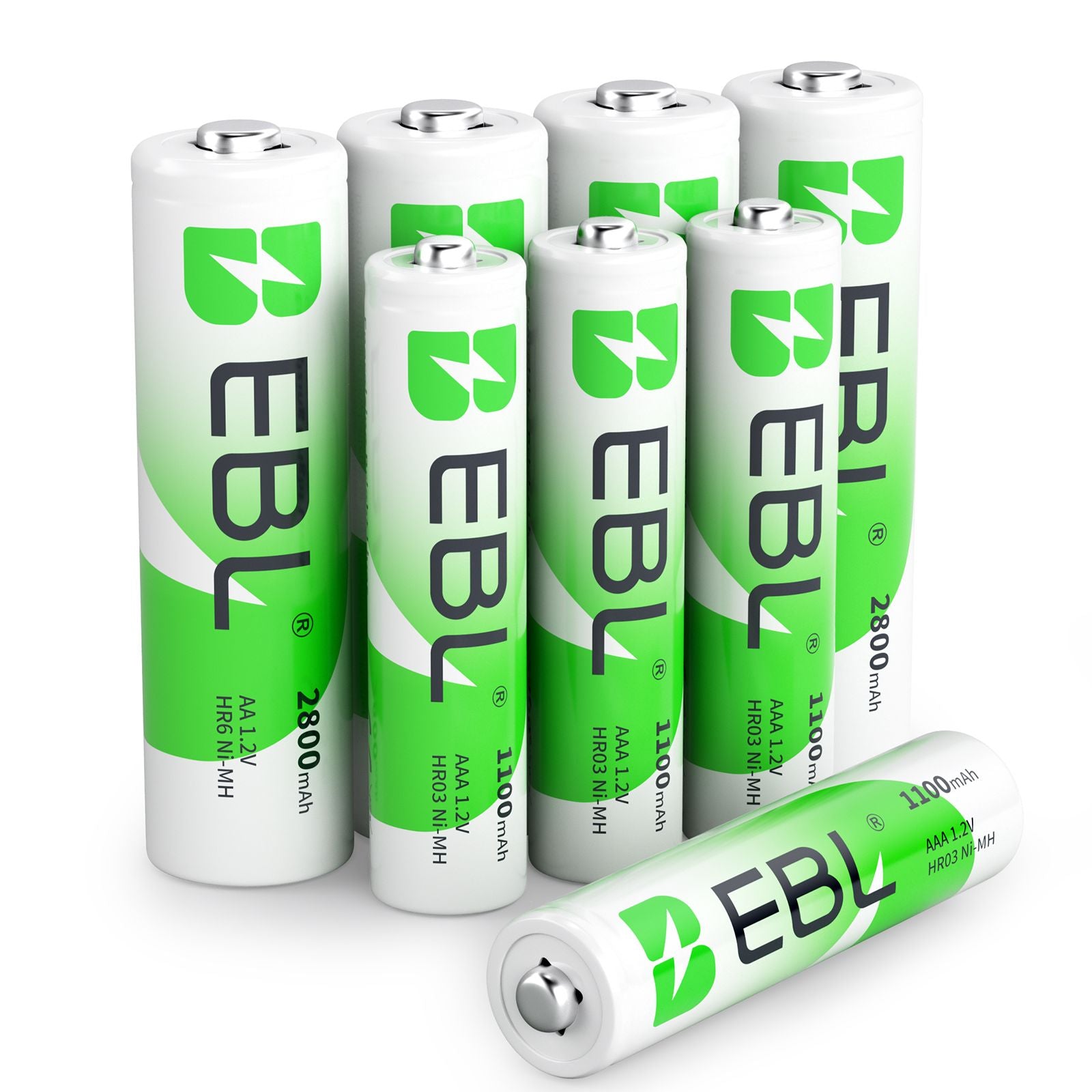
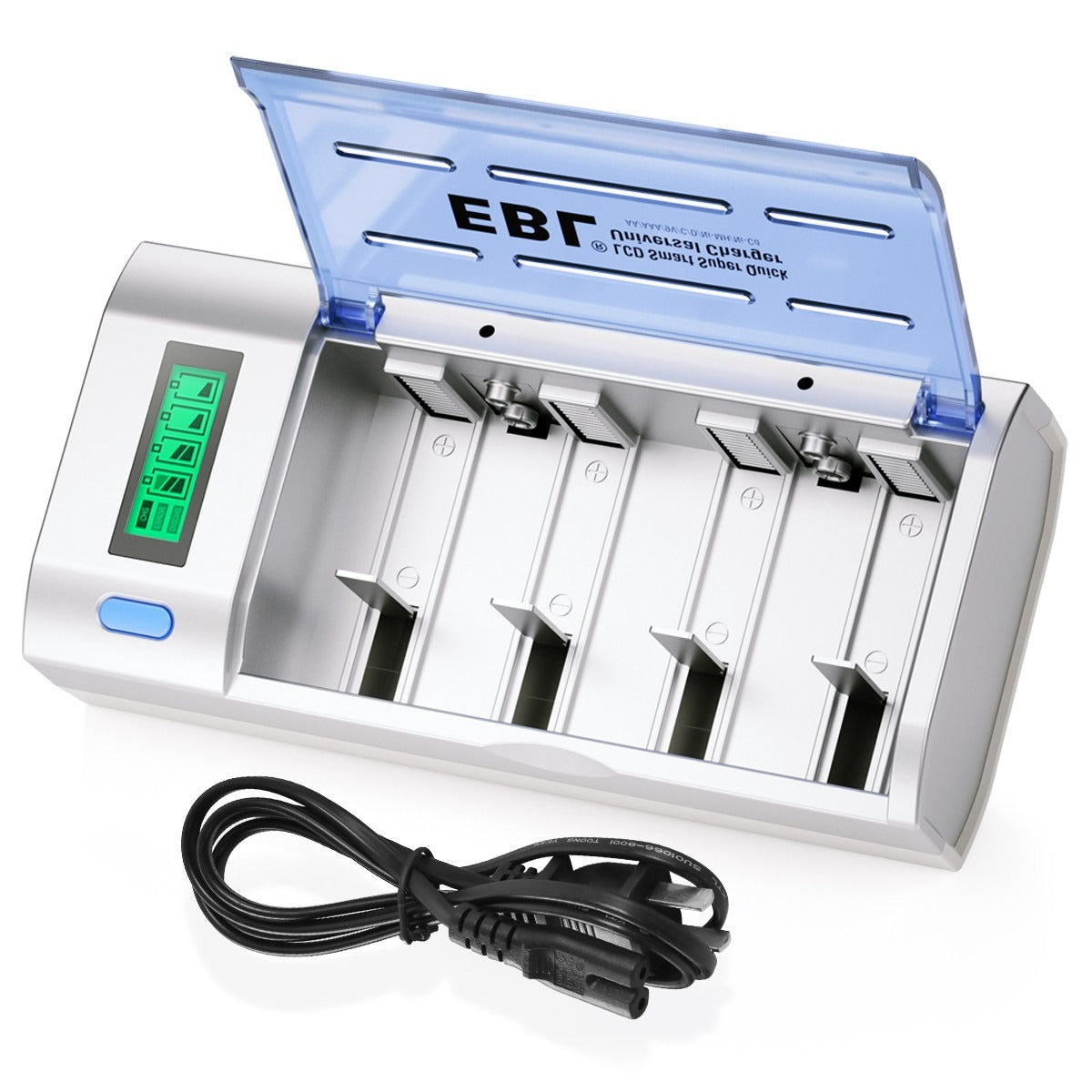
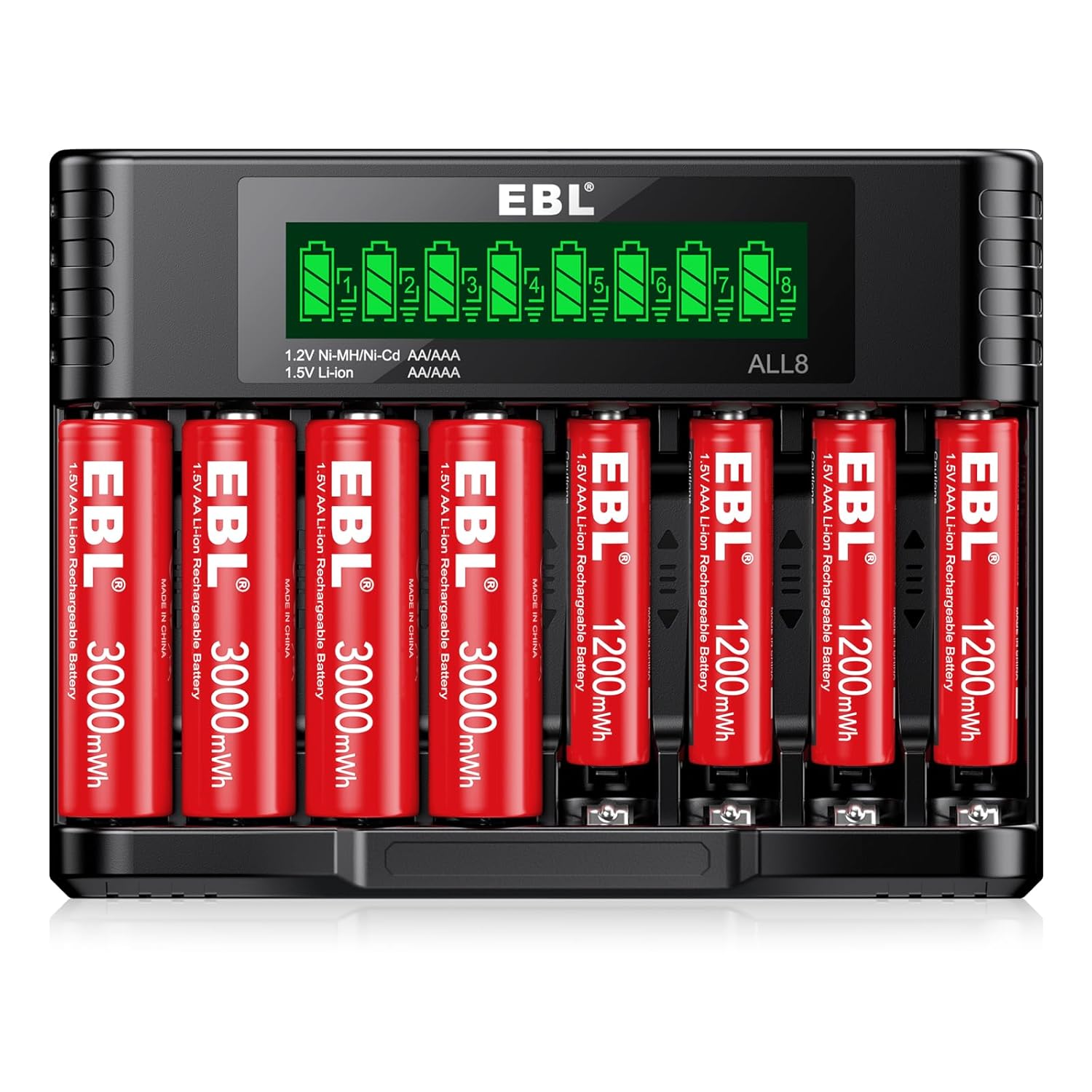
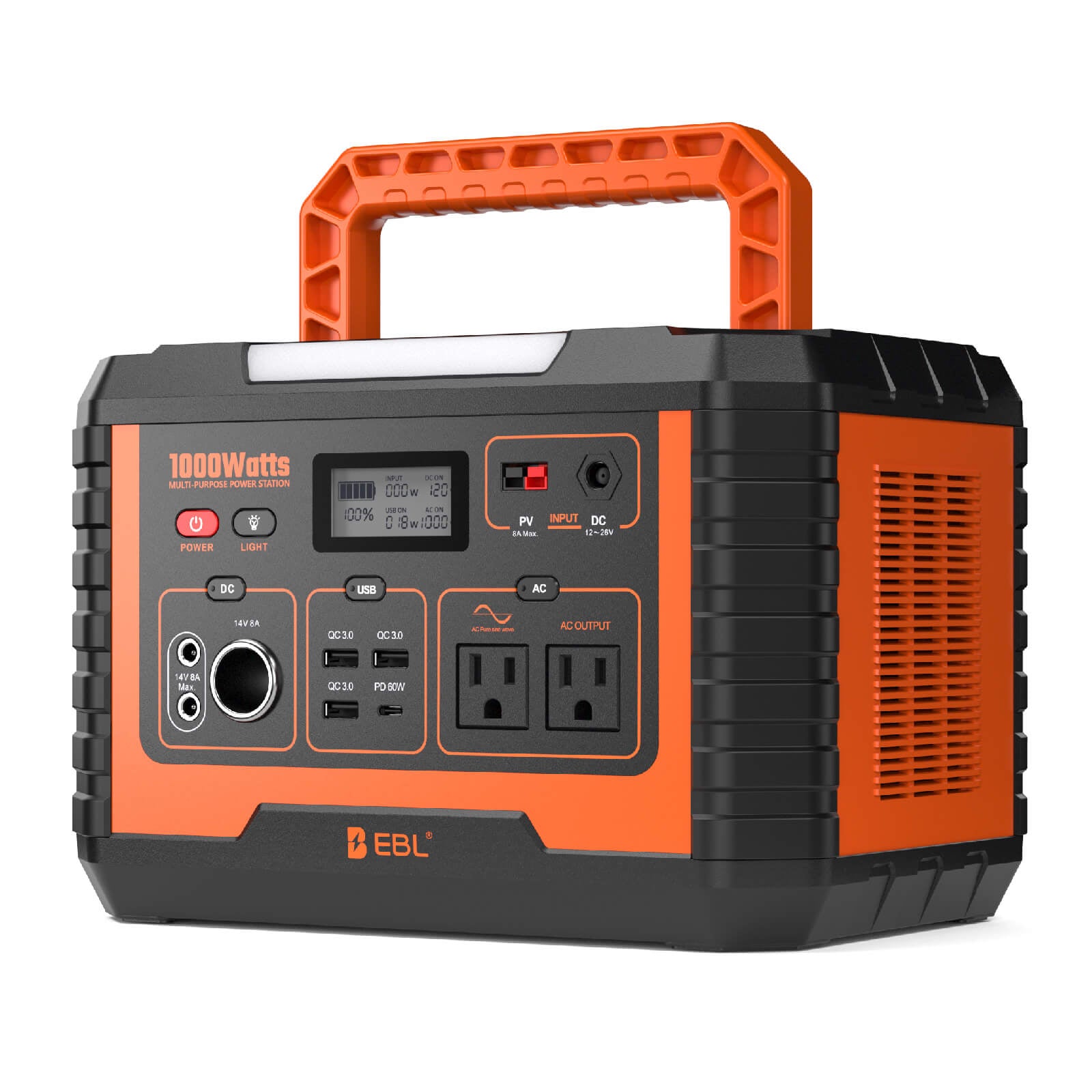
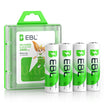
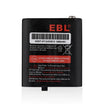
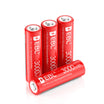
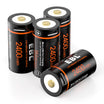
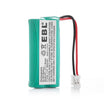
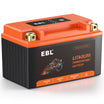
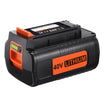
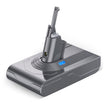
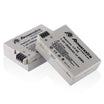
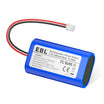
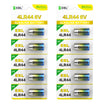
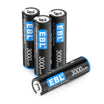
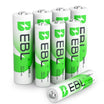
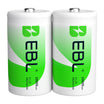
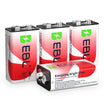
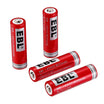
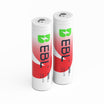
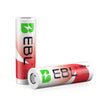
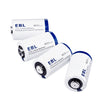
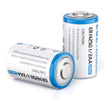
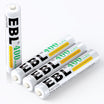
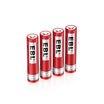
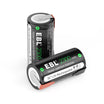
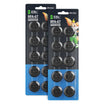
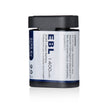
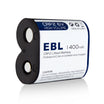
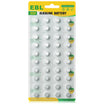
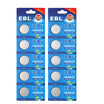

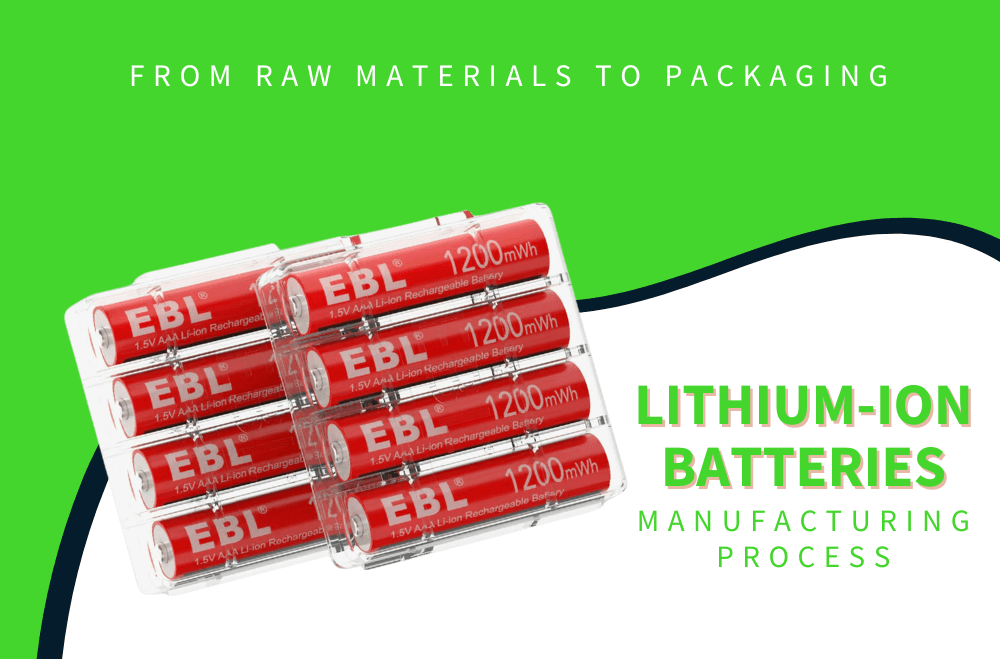
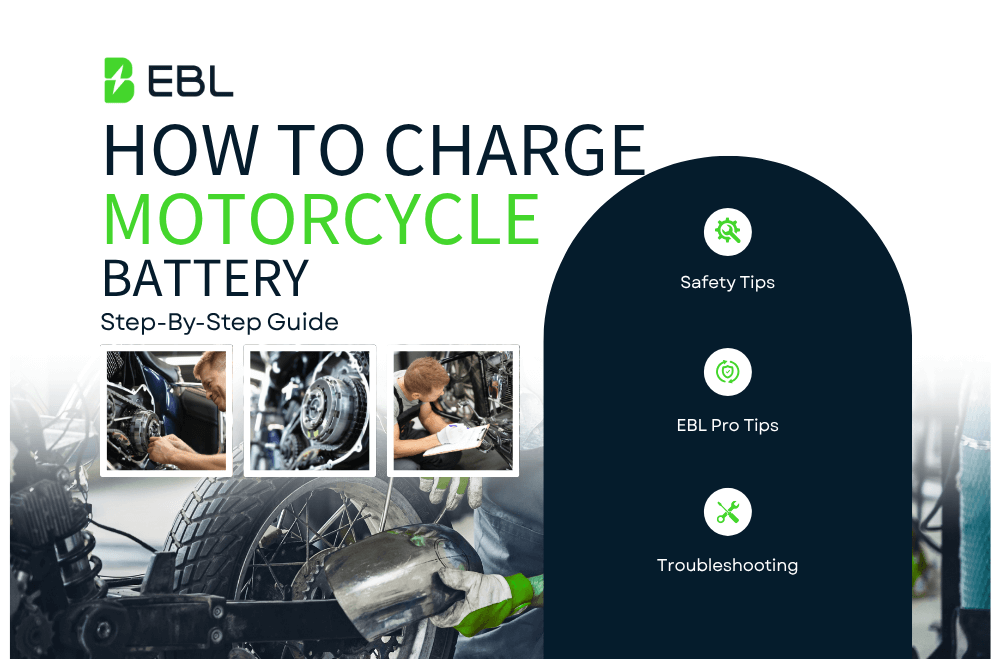
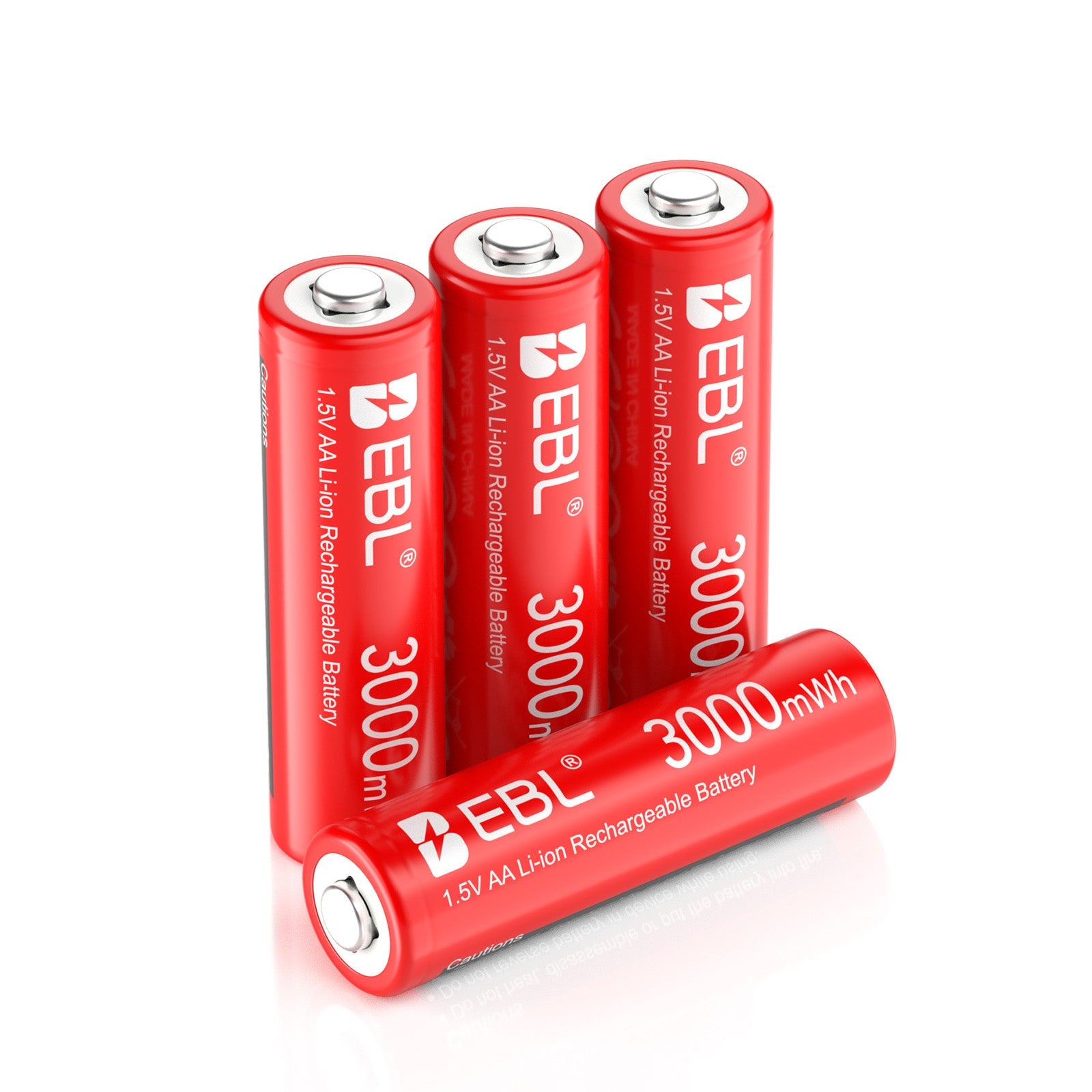
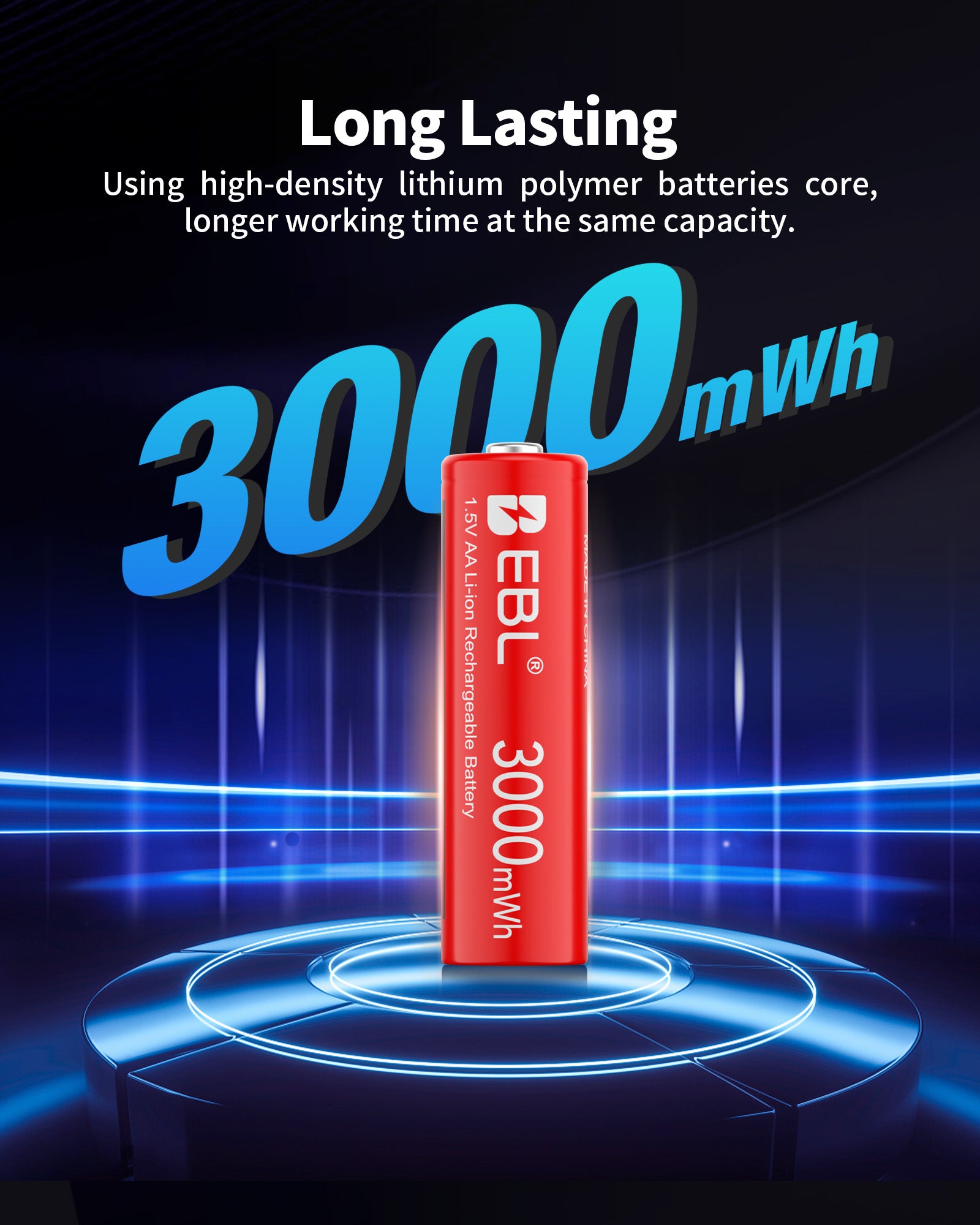
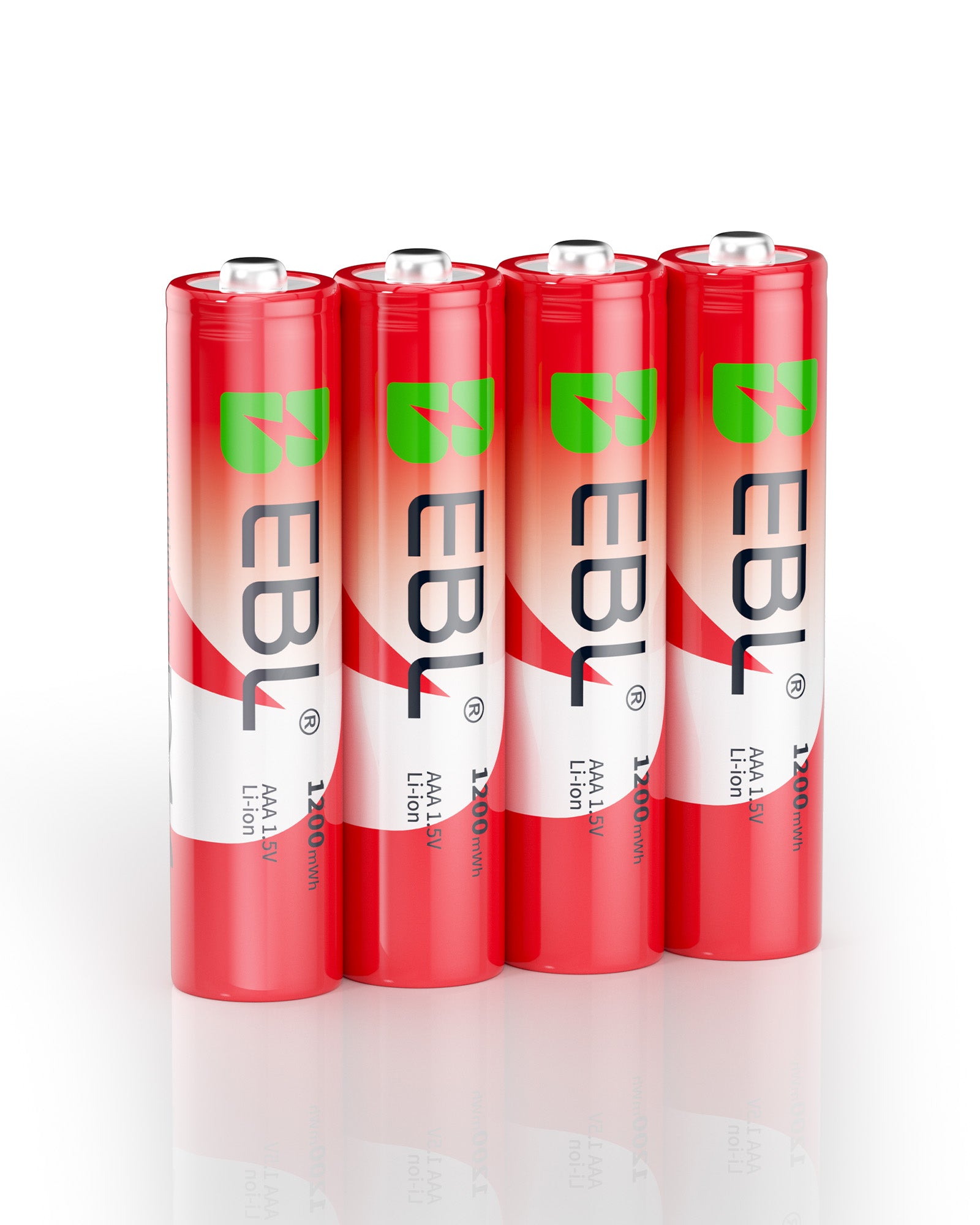
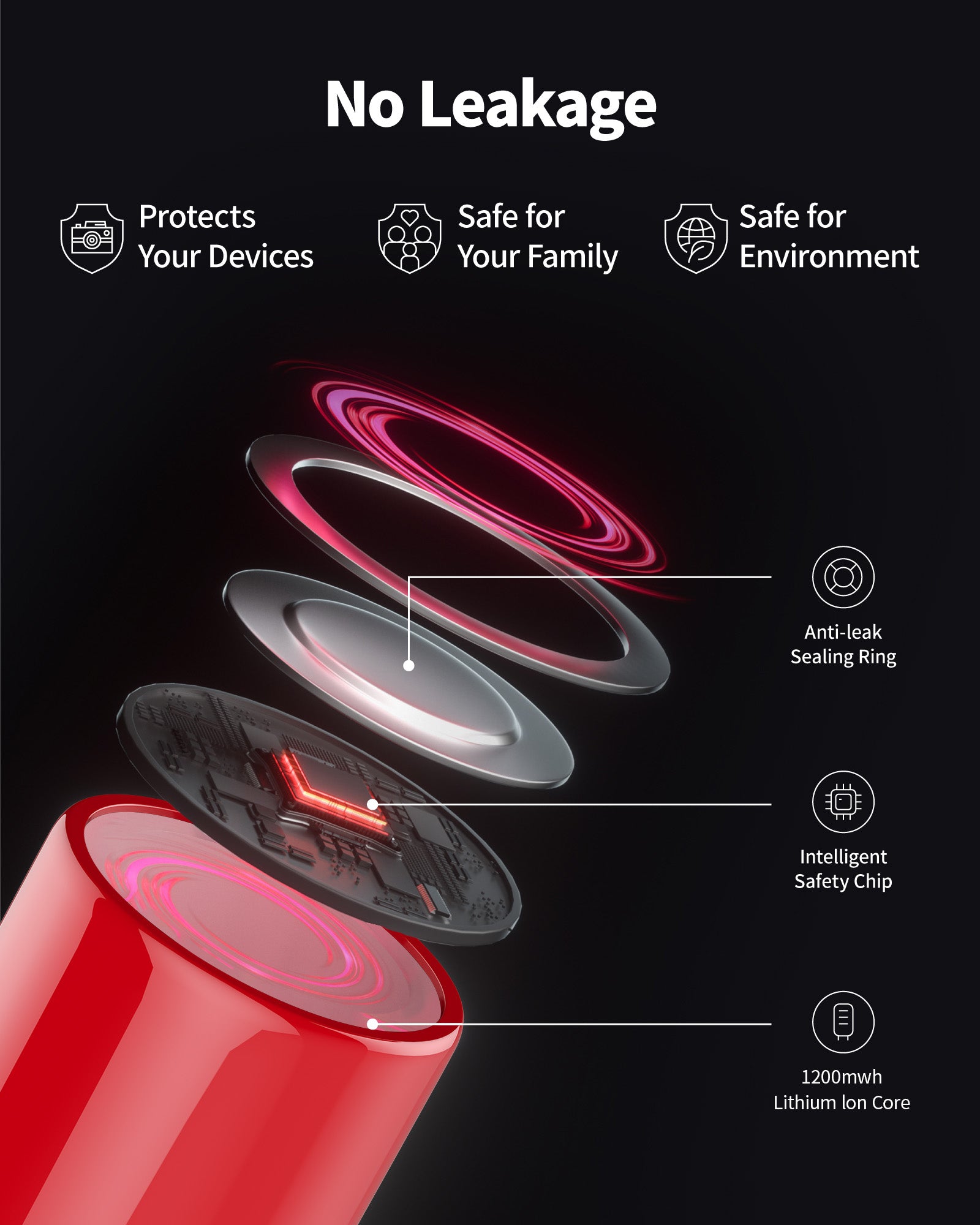
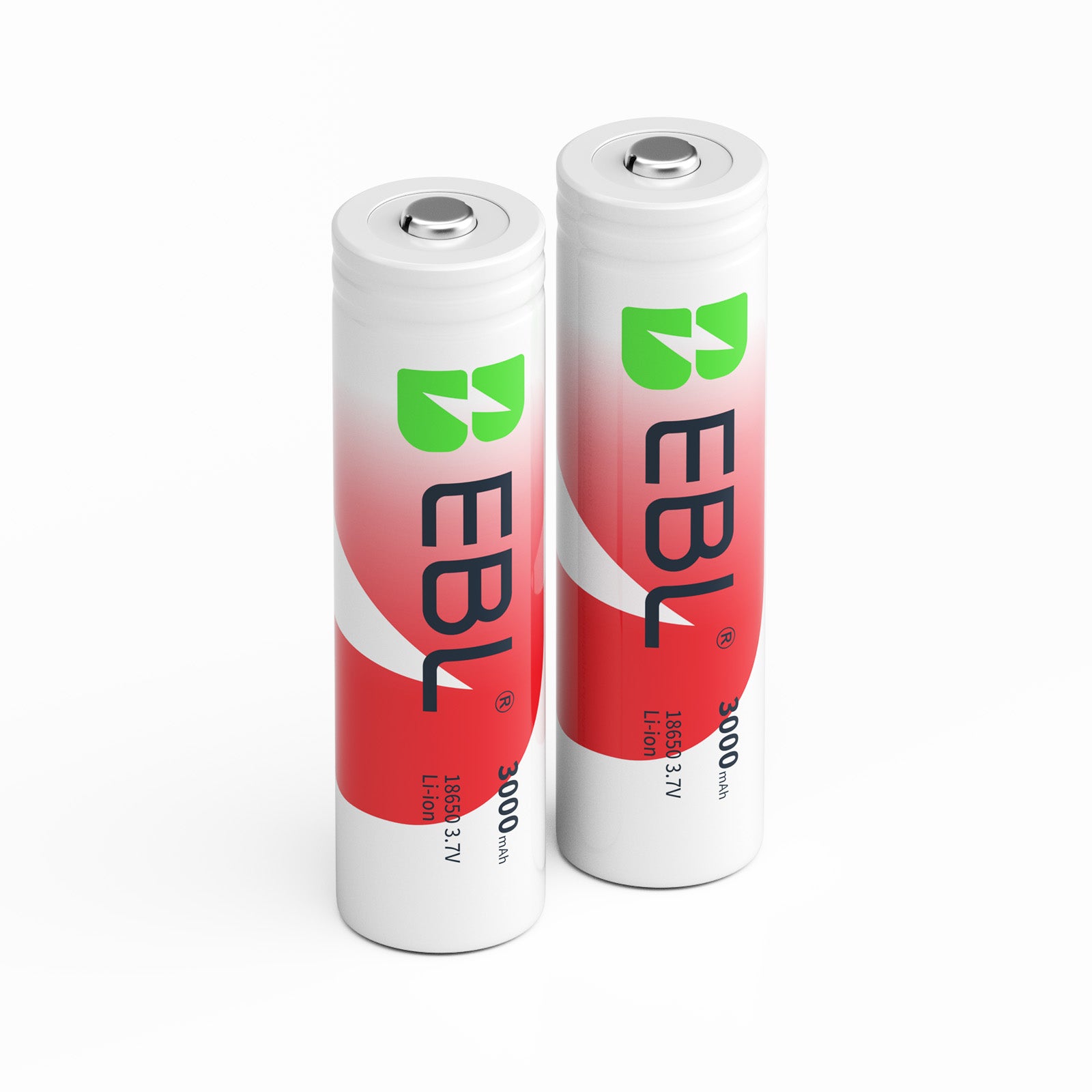
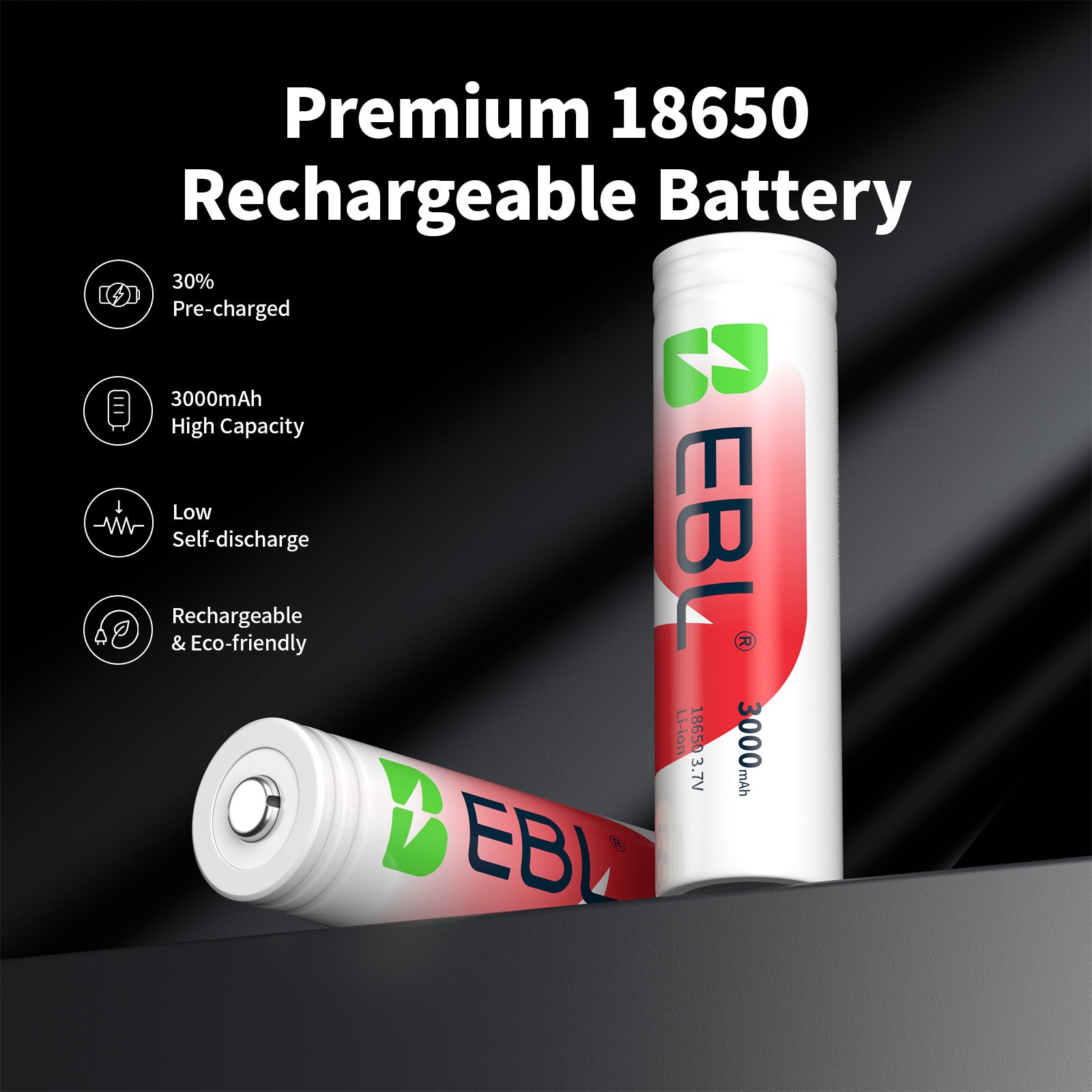
Leave a comment
All comments are moderated before being published.
This site is protected by hCaptcha and the hCaptcha Privacy Policy and Terms of Service apply.